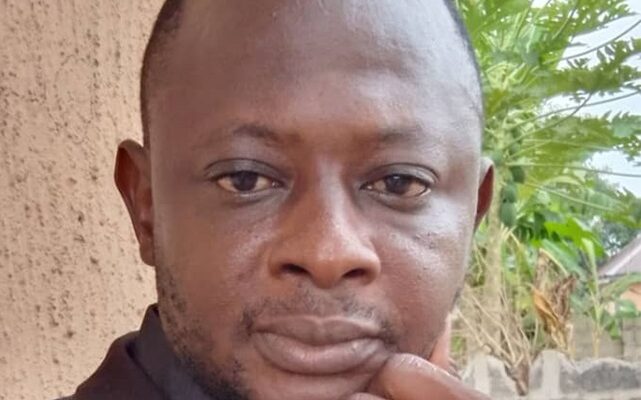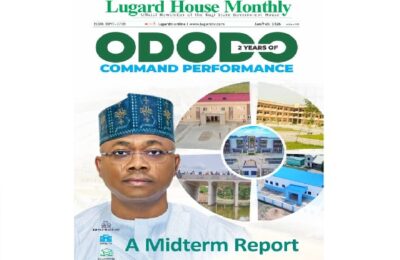Sixty-five years after the Union Jack was lowered on October 1, 1960, Nigeria still wrestles with the ghost of unfulfilled promises. The independence chants that once thundered across the land now resonates faintly against the walls of disillusion. For many, the country’s liberty remains a ceremonial cloak draped over the nakedness of fractured identity and suspended destiny.
The fire of 1960 carried the weight of hope: a federation envisioned to be the black star of the world, a sanctuary where unity, prosperity, and pride would bloom. Yet today, the anthem of expectation has been replaced by murmurs of despair. Nigeria stands tall in name but limps in essence, its vast potential shackled by the chains of division, weak institutions, and leaders who often mistake symbolism for substance.
Independence without direction has proven as dangerous as bondage itself. A nation that once vowed to lead Africa now drowns in the turbulence of forgotten ideals, where citizens carry passports heavy with shame and streets echo the silence of dreams deferred. Freedom has become a riddle—celebrated on calendars, absent in lived realities.
And still, the people endure. They queue under the burning sun for glimpses of governance, they sing hollow anthems, and they wear green and white with clenched teeth. Nigeria’s independence has become a paradox: sovereign on paper, yet captive to unfinished blueprints, uncharted visions, and unresolved questions of who we are and where we must go.
As the dawn of October 1, 2025 breaks, the challenge is not merely to mark another year but to confront the unsettling truth: independence is not an anniversary—it is a covenant. Until Nigeria tears down the walls of denial and rebuilds its destiny with courage, it risks celebrating freedom while still living in chains.
– Inah Boniface Ocholi writes from Ayah – Igalamela/Odolu LGA, Kogi state.
08152094428 (SMS Only)




